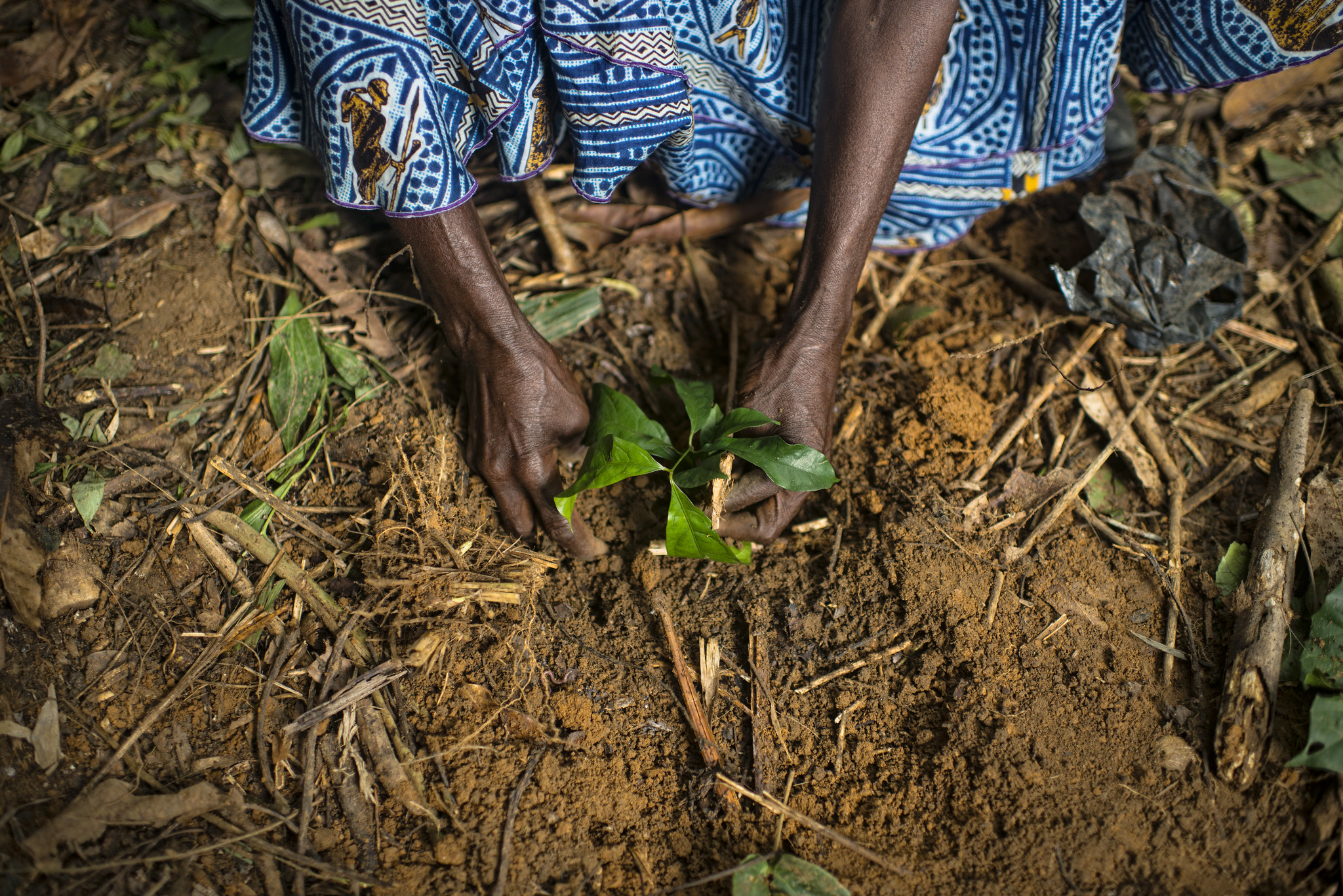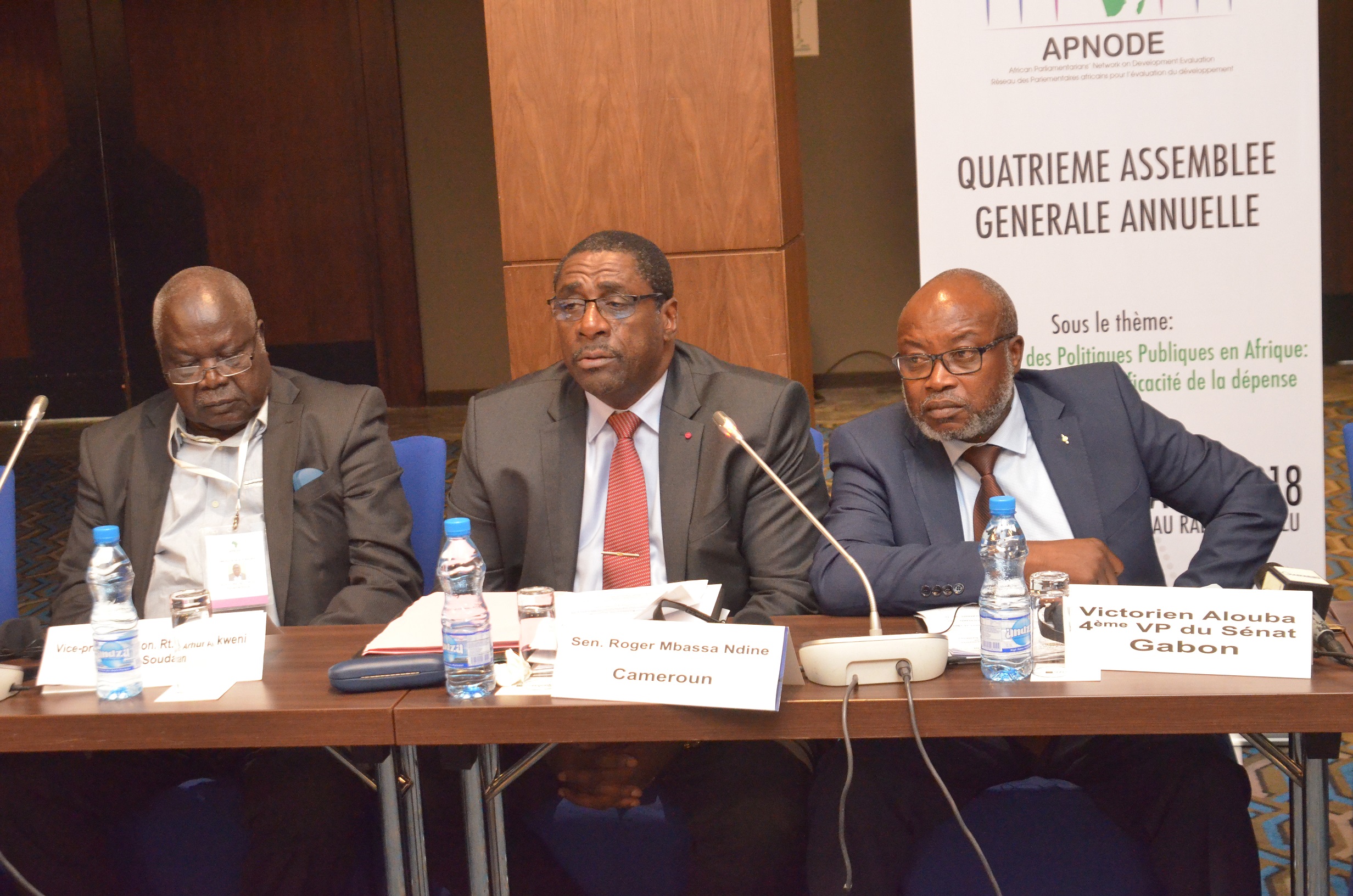Calls for governments, development partners, and the private sector to step-up efforts in achieving Africa’s transformative agenda is reverberating. In particular, the adoption of the African Union Agenda 2063 and the United Nations Sustainable Development Goals (SDGs) in the same year, 2015, have been widely praised for having the ‘special powers’ to take Africa to the promise land of zero poverty and hunger, highly skilled human capital, and better infrastructure. However, for this to happen, the people and institutions mandated to steer this transformational agenda should be empowered with the right capacities.
Not so long ago, the African Capacity Building Foundation (ACBF) launched its 2019 Africa Capacity Report (ACR). The report provides an assessment of African countries’ capacity to actualize their development agenda based on four indicator clusters: policy environment, implementation processes, development results and capacity development outcomes. While the report noted moderate improvement in overall capacity, results for the capacity development outcomes cluster were unsatisfactory, same as ACRs published previously. For this cluster, nearly 60 percent of African countries obtained low capacity or worse. These include sub-Saharan Africa’s resource-rich countries like Nigeria, Zambia and Botswana. This, according to the report, is due to the low levels of commitment to capacity development efforts in most African countries.
In particular, implementation capacity to deliver on development policies and programs are still lagging in most African countries. In fact, independent evaluations of the African Development Bank Group (AfDB) assistance to its Regional Member Countries reveal a plethora of implementation capacity gaps. They include for example, poor coordination capacity in the Democratic Republic of Congo, weak resource mobilization in Cameroon, and poor administrative capacity in Zambia particularly regarding public procurement. Overall, weak implementation capacity – in areas of administration, coordination and even monitoring and evaluation – are a recurring theme in these country strategy program evaluations by the Independent Development Evaluation (IDEV) of the AfDB.

What this signals is that even for resource-rich countries in the region, capacities required for implementation of government policies and programs as well as for transforming service delivery are weak. Not only do capacity constraints – human, institutional and enabling environment – undermine development results regarding effective delivery, they also tend to limit the sustainability of development outcomes..
What can be done?
A recently published study by the McKinsey Center for Government identified capacity as one of five main enablers for tripling the success rate of government transformations and delivering better for their citizens. Meaning that in the case of Africa, juggling the implementation of the SDGs and Agenda 2063 will require a strong foundation partly hinged on capacity development.
Already, institutions such as the AfDB, ACBF, United Nations Development Programme, and the World Bank have been instrumental in driving the capacity development agenda on the continent. However, in some instances, these interventions suffer from design and implementation lapses and often yield unsustainable outcomes. To this end, some – even within the international development community – have often questioned the efficacy of capacity development interventions in general.
Evidently, there is more to be done. For governments, there is the need to commit more resources to build implementation capacity. Of course, this should be accompanied by more effective and innovative approaches – including the use of new and affordable technologies – to delivering capacity development interventions. Efforts should also be made to prioritize fit-for-purpose practices that are context specific. In addition, governments should create an enabling environment for the private sector and other actors to collaborate on capacity development interventions.
For development partners in particular, there is the need to prioritize coordination capacity, improve targeting and strengthen national-level coordination. This is essential in order to avoid duplication of efforts. Similarly, from a program design point of view, there is the need to have in place strong monitoring and accountability mechanisms.
The research and evaluation community too has a pivotal role to play. Capacity development interventions often suffer from low level of accountability in terms of evaluating their impact to learn about what works and what does not. Even in instances where attempts are made to evaluate their impact, they do not go past output measures.

From an evaluation perspective, a renewed agenda for capacity development projects is needed. One that prioritizes impact-level assessments and highlights drivers of success and or failures. In doing this, building capacity in evaluation research is crucial. Likewise, creating more avenues – in the form of fellowships and exchange programs – to diffuse evaluation culture amongst ministries, government departments and agencies through partnerships with academia, development partners and the private sector is critical. The establishment of the African Parliamentarians’ Network on Development Evaluation (APNODE) is a perfect example of such platforms, enhancing the capacity of the African Parliamentarians to improve their roles in oversight, policy making and national decision making by ensuring it is evidence-based.
All of these measures are critical for strengthening institutional capacity, fostering accountability and inculcating an evidence-based culture to designing capacity development interventions. These should ultimately translate into better development results for the Sustainable Development Goals and AU Agenda 2063.
Photo credits: © AfDB, AFAWA / Entrepreneurism initiative ‘Supporting 1,000 women entrepreneurs in 5 African countries!’ – Masterclasses for women entrepreneurs in Libreville; Diolo Celine plants Gnetum (okok) in the village of Minwoho Lekié, Center Region, Cameroon. Photo by Ollivier Girard/CIFOR; © IDEV. Gathering at the APNODE 4th Annual General Meeting, Gabon, August 2018.